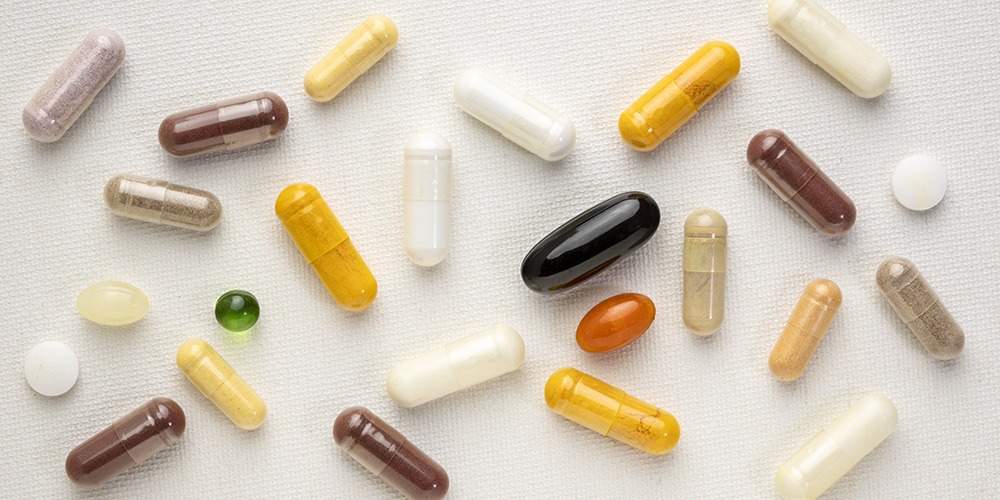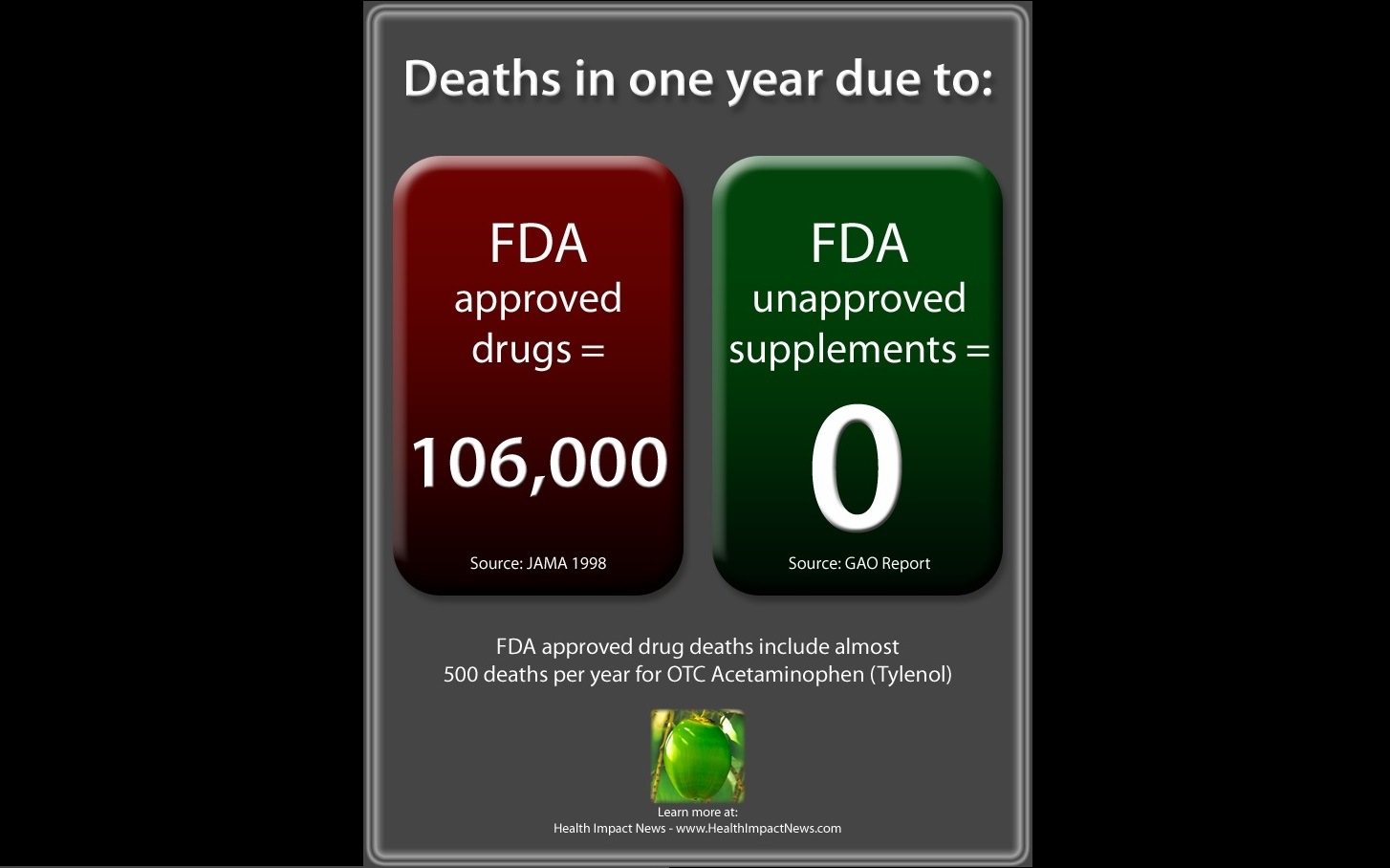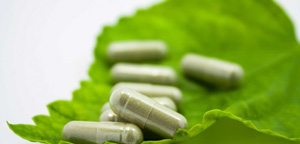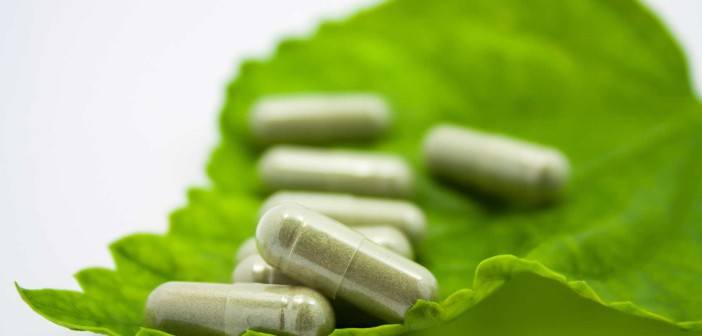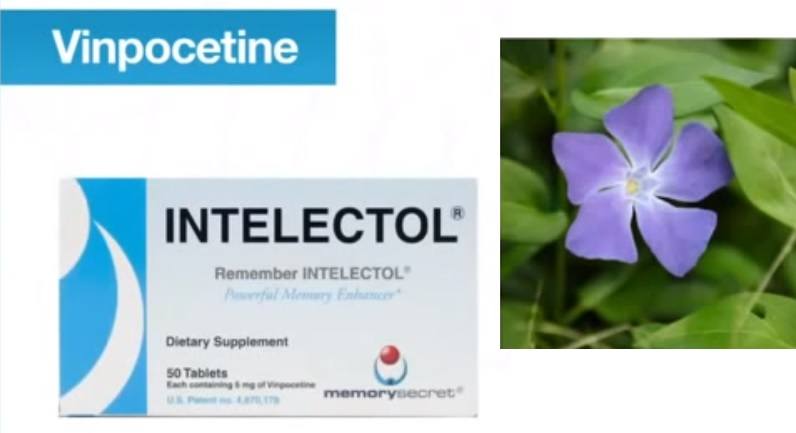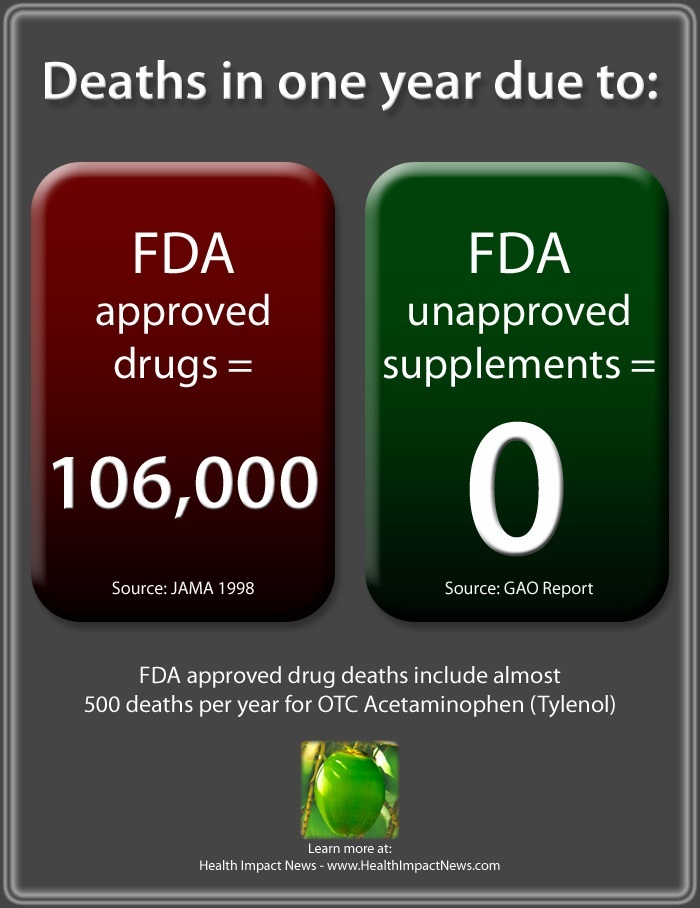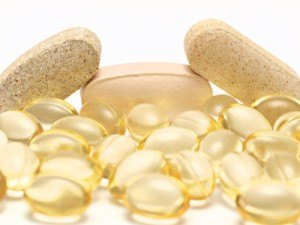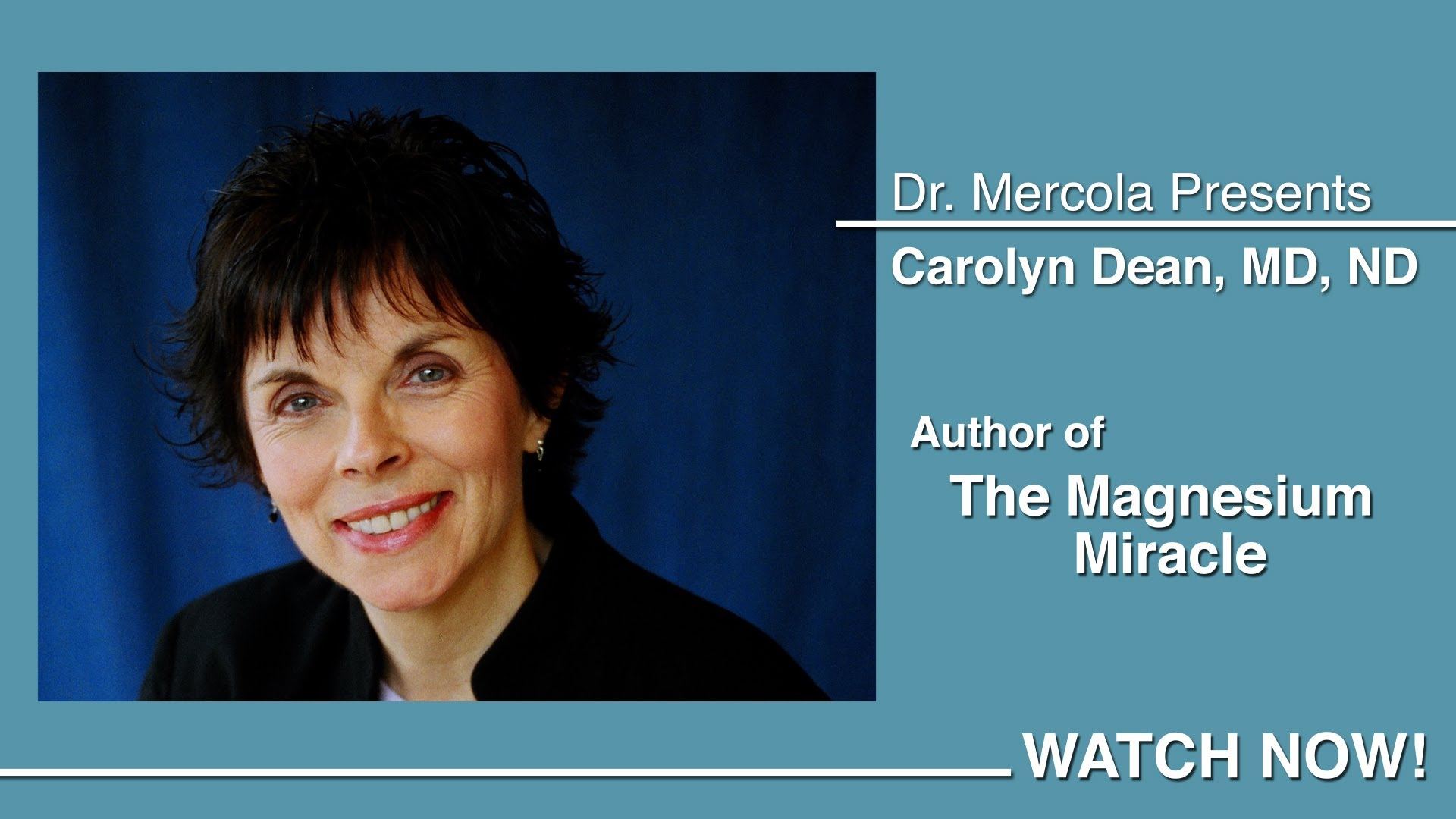For the past two decades, my mission has been to help you take control of your health. Recent developments now threaten my ability to do that. July 21, 2020, the Center for Science in the Public Interest (CSPI) issued a press release1 and testified in a Senate hearing on the topic of COVID-19 scams.
The press release contained lies, fabrications and a reckless disregard for truth in an attempt to put an end to me and this website.
Additionally, in an August 12, 2020, email, CSPI president Dr. Peter Lurie2 — a former FDA associate commissioner — claims I'm "profiting from the pandemic" through "anti-vaccine fearmongering" and reporting of science-based nutrition shown to impact your disease risk. According to Lurie:
"Mercola brazenly has claimed that many of his products are coronavirus treatments or cures, including vitamin C, vitamin D, zinc, selenium, 'molecular hydrogen,' licorice, and other substances.
Besides profiting from the pandemic, Mercola has seemingly advised people to contract COVID-19 after taking supposedly 'immunity boosting' supplements (which of course he sells). Making matters worse, Mercola is a leading proponent of anti-vaccine conspiracy theories — and has been fearmongering against prospective COVID-19 vaccines even before such vaccines are available!"
CSPI is now urging the U.S. Food and Drug Administration and the Federal Trade Commission "to bring enforcement proceedings against Mercola and his companies for their unlawful disease claims that falsely and misleadingly claim to treat, cure or prevent COVID-19 infections."
Lurie is asking CSPI members to flood these agencies with prewritten Tweets urging them to take action against us. You may have been one of the people who received this urging if you made the mistake of subscribing to their irresponsibly misleading organization.
CSPI's campaign in the 80's switched Americans onto heart disease causing trans fats. CSPI fought against your right to know GMO's, and is partnered with Bill Gates' agrichemical PR group - Alliance for Science. CPSI wants vitamins and supplements banned, and is trying to bring an end to the mercola.com website.
Please share the truth about this dangerous group that is bankrolled by billionaires. Email, tweet, text and share by any method possible and help expose the CSPI lies.




